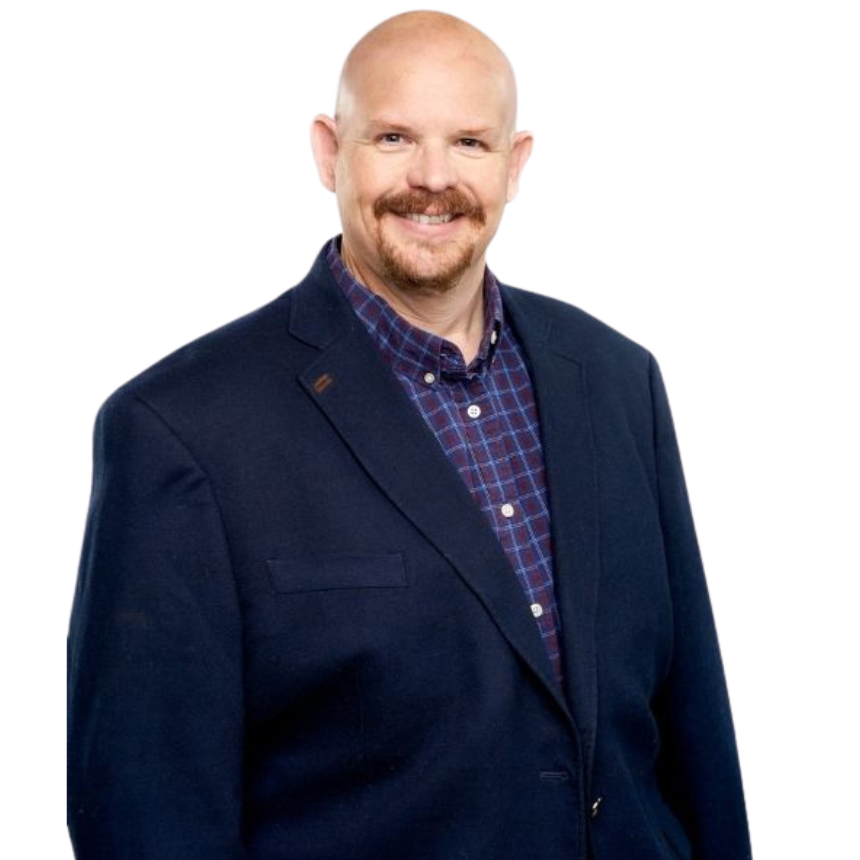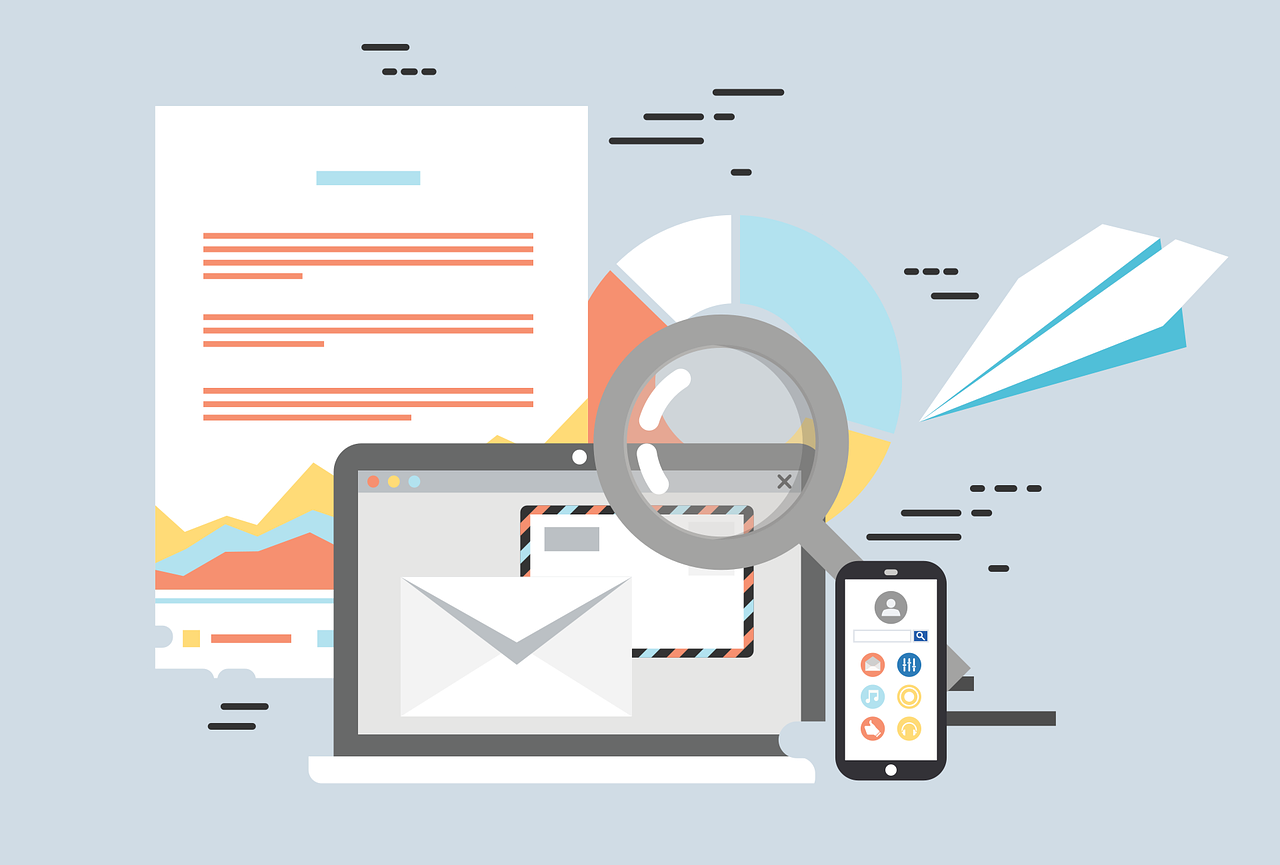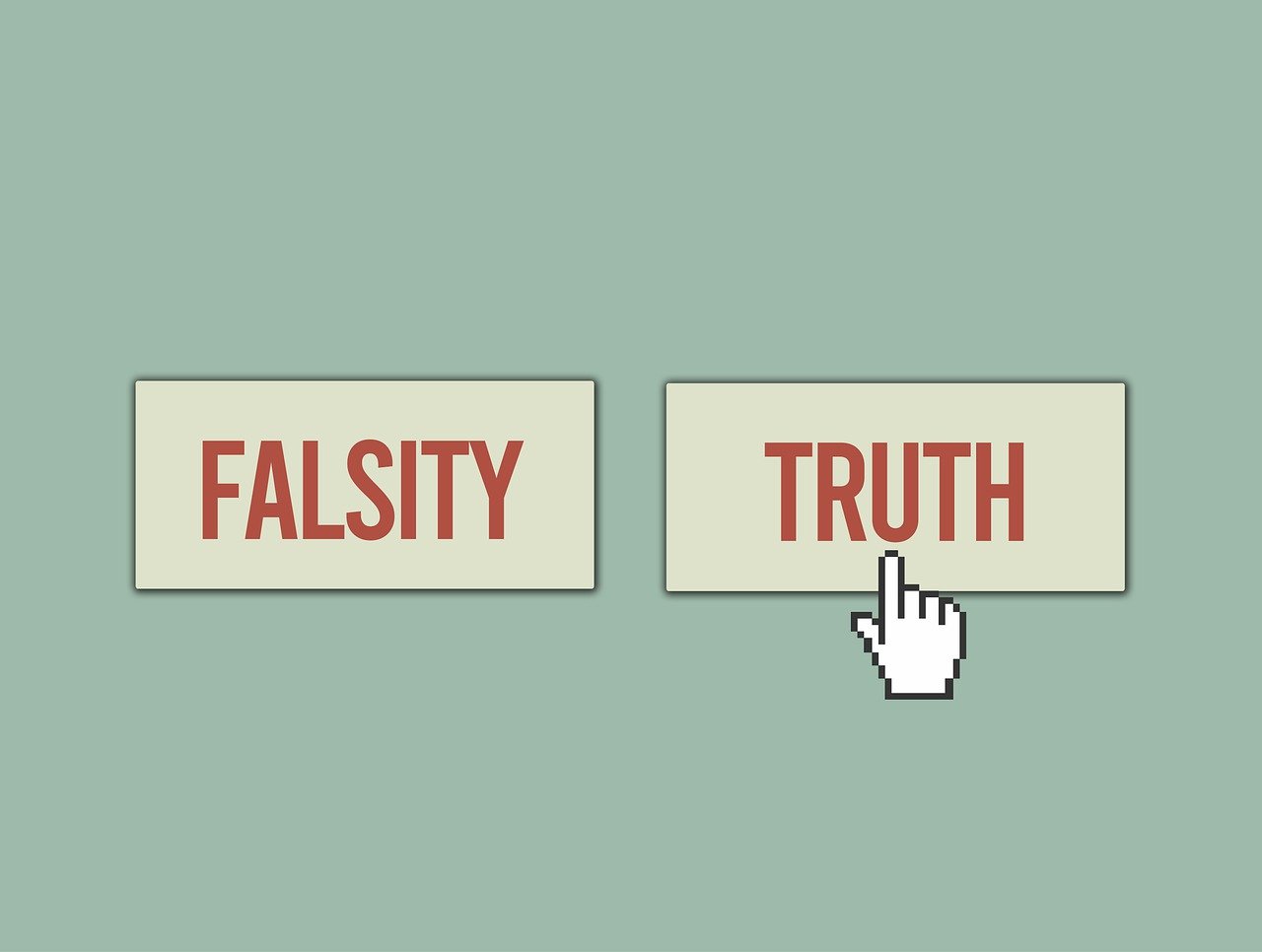Are you an expert in your field of business? Can you understand not just the basics, but the specifics of your industry, your products, and your business? Many people are experts and don’t realize it, yet there are also many who claim to be an expert but lack expertise. This blog post is here to help you recognize the areas in which you are an expert and to help you understand how to use that as an asset for you and your business. This post will help you identify areas of expertise, what that means for your business, and how you can utilize what you know as both a marketing and an entrepreneurial tool. Whether you’re a P.H.D. holding expert or just a person with a vast level of offhand knowledge and experience, you can leverage what you know as a selling point in almost anything you do.
What Makes an Expert?
Many will claim to be an expert, but that title is not one that comes easily. However, this doesn’t mean that being an expert is an unattainable goal. Far from it! Becoming an expert is about understanding your own strengths and areas of specialized know-how. Experts aren’t considered experts because they say it directly, they are considered experts because they contribute relevant knowledge and wisdom to those around them. They make informed decisions, they see patterns that others don’t, and they pull from their experience to get better outcomes on similar situations. Anyone can be an expert so long as they have the focus and initiative to hone their own skills and to continue to feed their natural thirst for knowledge and experience.
What Should I Be an Expert In?
This can be a tricky question to answer, so let’s think of it in two parts. First and foremost, you should always aim to be an expert about your own company and within your industry. It is important that both employees and customers come away from an interaction with you believing firmly that you know what you are talking about. However, you must also consider areas outside of your direct business or responsibilities. These are wider ranging categories that you can speak towards on social media and when in contact with competitors, partners, and potential customers.
Odds are that your business may cover a variety of different topics, methods, or even ingredients that can help you stand apart from the competition. You may find that while there are many construction companies in your area, you can manage and install roofing better than anyone else. So instead of running Facebook Lives that talk about why your business can undercut the other guy’s prices, a better strategy could be to start a series discussing the different types of roofing installations. Share what you know about different materials, shapes, and styles with your social media audience. This allows you to not only talk about your business and the types of services you might offer, but it provides information that is relevant to customer needs. Audiences care about their needs being met more than they care about why your business is different than another business. If you can inform their needs during the lead generation process, you are that much closer to making the final sale. Why? Because you have already proven your expertise and shown the customer that you know what need they have and how to meet it.
Who Needs My Expertise?
Let’s compound on that previous example and talk about your audience. When creating anything for your business, especially when it comes to marketing and promotional materials, you need to have a solid understanding of who you are creating something for. There is no point in sharing your expertise if you are sharing it all into the void. Remember to view what you know as a resource, so that you can better understand that your expertise is something that needs to be allocated. What do you have to share with others? Who needs what information or knowledge? How much should you share with this person or these people? Give away too little and it might appear as if you don’t know what you’re talking about. Give away too much and people might walk away feeling like they don’t need anything else from you.
Make sure that any time you share your expertise, whether it be in a Facebook live video, in a blog post, or even in a 280-character tweet; that you consider who your audience is what specifically they need to hear from you. People want to hear experts who speak out to their individual needs, and the best way to understand those needs is to take the time to research and reshape your content towards your target audience.
What to Do with My Expertise?
We touched upon it briefly in the previous heading, but here we’ll dive into the best ways to share your expertise with others. Again, we’ll approach the sharing of expertise as a marketing tool rather than as part of your employee/co-worker interactions. Your expertise is not the focus, nor should you be the forefront of any marketing strategy. The needs of your customers and potential customers should be the key concept behind anything you put out with the intention of luring customers in. However, you can position and present yourself or your business as the fulfillment of that customers need or want because of your expertise.
Think back to the roofing example mentioned above. By taking the time to talk over this specific aspect of a business and how different materials can meet different customer needs you are keeping the focus on what they need, while at the same time showing and telling how you are best suited not only to know that need intimately, but to fulfill it. So, whether you’re writing a blog post, creating a video series, or making memes; make sure that your expertise is presented to fulfill those customer needs. Do not fall into the deceptive trap of presenting those customer needs as a way to prove your expertise. What this means is, make sure that the focus is always on who you want to reach and not yourself. People need an advisor, they do not need an ego.
Becoming an Expert
So how do you become an expert. What if you feel that your knowledge is outdated or that you aren’t as specialized as the competition? The good news is that we are all experts on something. Sometimes you might find that you don’t know enough about a specific product or service you offer. However, when you have a following and platform on social media, you can lend that platform to other experts for your credit. Practically, this may look like a Q&A with one of your most experienced employees, allowing them to answer logistical questions that may be important to your customers but that are below your pay grade.
Becoming an expert is all about utilizing the resources around you. This means taking advantage of books you can read, seminars you can attend, videos you can watch, and even experts you can talk to. Being an expert is about the sum total of what we have seen and learned, and while not everyone can be an expert on all things, everyone can be an expert on the topics, subjects, and materials that they work with the most.
Conclusion
Hopefully this article helped you see the ways in which you already are an expert and how that expertise can be tooled towards effective marketing content and lead generation. By redefining the word expert and breaking down what it means to be an expert, you can better understand not just what sets you apart from the competition but how you are suited to meet the needs of your customers through what you already know and offer. Remember to share your knowledge and expertise like it is a resource, providing customers with what they need to achieve their own goals and meet their own needs.
Featured Image:
https://pixabay.com/photos/counselor-wellness-coach-man-4305394/




















